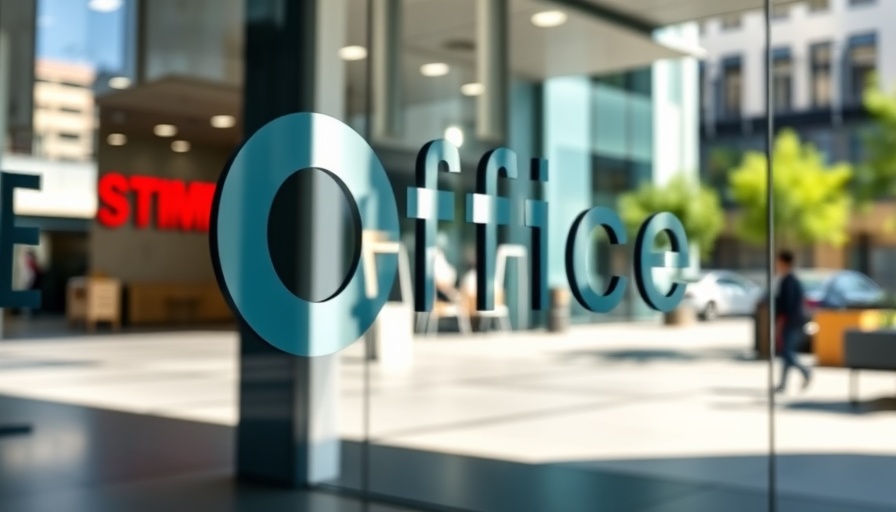
The Future of Law: LLM vs LLB in an AI World
The legal profession stands at a crossroads as artificial intelligence (AI) rapidly transforms various sectors, including law. With the rising influence of AI, the relevance of traditional legal degrees like the LLB is being questioned. Junior lawyers, often launching their careers with an LLB or an LLM (Master of Laws), find themselves navigating a landscape increasingly shaped by technology. This evolution could significantly impact career trajectories in law, and understanding these dynamics is crucial for new entrants in the field.
AI's Role in Law and Job Market Shifts
AI tools are becoming integral in the legal industry, assisting with tasks such as document review, legal research, and even courtroom presentations. This shift has led to enhanced efficiency but raises concerns about job security for junior lawyers. Unlike traditional roles that required extensive manual work, AI can process vast amounts of data quickly, potentially diminishing the need for entry-level positions, traditionally filled by graduates holding an LLB.
Furthermore, as firms adopt AI technology, they might prioritize higher credentials like the LLM, which signals advanced training in specialized areas such as corporate law or tax law. This trend raises the stakes for aspiring lawyers: will a basic LLB suffice in a field increasingly dominated by tech-driven efficiency?
Changing Skillsets: What Junior Lawyers Need to Know
To thrive in an AI-influenced legal landscape, junior lawyers must adapt to the evolving requirements of their roles. Beyond possessing strong legal knowledge, emerging lawyers should be tech-savvy, with the ability to utilize AI tools effectively. Understanding how technology impacts legal processes will be vital. Junior lawyers need to develop complementary skills, such as data analytics and digital communication, to remain competitive in the job market.
Counterarguments: The Resilience of the LLB Degree
Despite the encroachment of AI, advocates for the LLB argue that it remains a foundational degree essential for aspiring lawyers. The ability to think critically, analyze complex issues, and communicate effectively are skills that AI cannot replicate. Moreover, many legal clients still value the personal touch in legal services, suggesting that human lawyers will remain necessary.
While AI can handle routine tasks, complex legal issues often require human interpretation and nuanced understanding, attributes that only a well-trained lawyer can provide. Thus, the LLB may still hold significant value in the legal field, albeit in a transformed capacity.
Future Trends: Legal Education and Career Paths
The integration of AI in law may lead to a reevaluation of legal education itself. Law schools may place more emphasis on technology and its implications for legal practice. Programs might increasingly incorporate courses on AI ethics, data privacy, and cybersecurity to prepare students for the realities of modern law practice.
Furthermore, career paths could diverge significantly from traditional trajectories. Junior lawyers might find new roles in tech-driven legal firms, or even pivot towards more specialized fields such as compliance and regulatory affairs. With the Bay Area emerging as a hub for legal tech innovation, local law schools might adjust their curricula to reflect the changing landscape, positioning their graduates to take advantage of new job openings in this evolving sector.
Emphasizing Adaptability: The Key to Success
As AI continues to reshape the legal landscape, flexibility and adaptability will emerge as essential qualities for success. Junior lawyers will need to embrace lifelong learning and remain informed about ongoing technological advancements to maintain their relevance in the field. Participating in legal tech workshops, networking with industry experts, and gaining practical experience can empower new graduates to navigate the complexities of a tech-transforming legal job market.
The convergence of law and technology showcases an exciting yet challenging era for young lawyers. As the dynamics evolve, those armed with both legal knowledge and technological proficiency will likely emerge as the leaders of tomorrow’s legal profession.
Final Thoughts: Navigating an Evolving Job Market
The legal world is undeniably evolving with the integration of AI. While the debate continues regarding the LLB's relevance in this new era, it’s imperative for aspiring lawyers to forward-think and adapt to these transformational changes. Engaging with the tech side of law will not only enrich their own careers but also improve their ability to serve clients effectively in a tech-embedded society. Those entering the legal field must recognize the landscape is dynamic, and embracing change is essential for long-term success.
 Add Row
Add Row  Add
Add 



Write A Comment